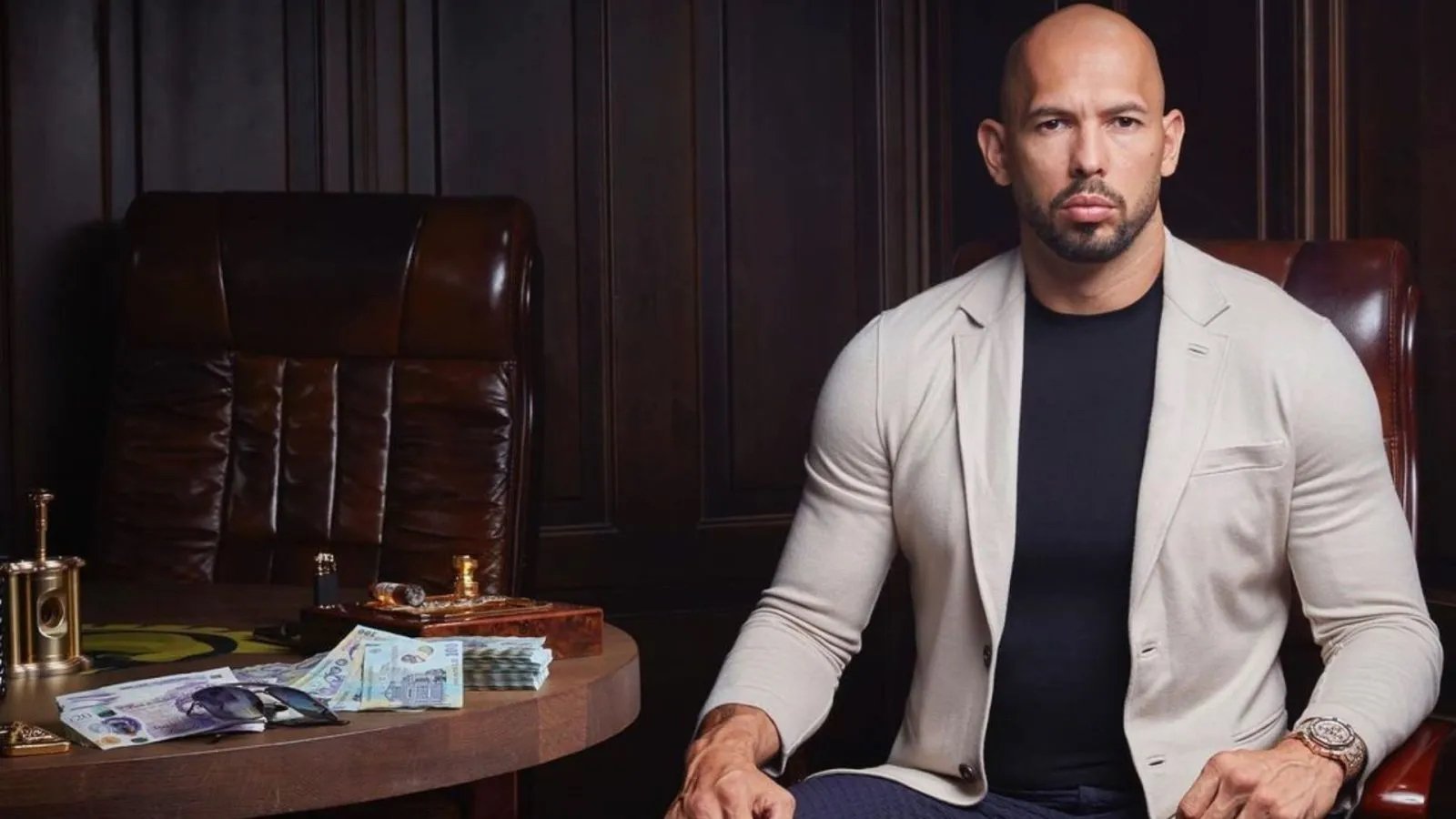Andrew Tate, a figure no stranger to controversy and the spotlight, has announced his intent to take legal action against the media giant WIRED. The contention arose after WIRED erroneously labeled him a “convicted human trafficker” in a recent article, a claim that, despite his highly publicized legal troubles, is factually incorrect. Andrew Tate, a former kickboxer turned social media influencer, has been embroiled in legal disputes in Romania related to allegations of sex crimes but has not been convicted of any charges.

The Power of Words and Their Consequences
The impact of the mislabeling by WIRED has sparked significant backlash from Andrew Tate, who expressed his frustration and intentions on the social platform X, stating, “About to sue them into oblivion for lying. I have no criminal record and have never been convicted of anything.

The money these scum pay me will be used to feed starving children. Every single penny will go to Tatepledge.com. We turn evil into god’s light. Aikido.” Despite WIRED’s prompt correction of the article, Tate emphasized the lasting damage of the initial claim, “Nice try. The damage is already done. See you in court.”
Andrew Tate’s Legal History and Future Actions
While this lawsuit against WIRED marks a new chapter in Tate’s legal narrative, it is not his first foray into the court system. Last year, Andrew Tate filed a lawsuit against a woman and several others who accused him of human trafficking, alleging conspiracy to falsely accuse him. This upcoming lawsuit against WIRED underscores his aggressive approach to defending his reputation and clearing his name.

The Broader Legal Challenges
Tate’s legal challenges are not confined to the civil court; he is expected to face criminal court proceedings in Romania and the U.K. related to other serious allegations. These cases are pending, and no convictions have been made, which makes the defamation by WIRED particularly prejudicial in the public eye.
The Impact on Public Perception and Media Accountability
The situation with WIRED brings to light significant questions about media accountability and the impact of reportage on individual reputations, especially for public figures like Tate. The readiness to sue reflects a broader defensive strategy by public figures against what they perceive as media overreach or misinformation. As Tate prepares to confront WIRED in court, this case may set a precedent for how media outlets handle the delicate balance of informative reporting and defamation avoidance.

Looking Ahead
As Andrew Tate continues to clear his name and challenge those who misrepresent his legal standing, the spotlight on this case will likely intensify discussions around the responsibilities of the media, the rights of the individuals in the public eye, and the intricate dance between public interest and personal privacy. Tate’s promise to channel any potential compensation from the lawsuit towards humanitarian efforts via Tatepledge.com adds an intriguing layer to his public persona, intertwining legal vindication with philanthropic promises.
Matt Kim x Andrew Tate – The 15 Minute Interview
Watch now: pic.twitter.com/cIKOD0a8u9
— Andrew Tate (@Cobratate) April 11, 2024
As this legal battle unfolds, it will undoubtedly capture the attention of both supporters and critics, setting the stage for a significant examination of truth, accountability, and redemption in the age of digital media.

